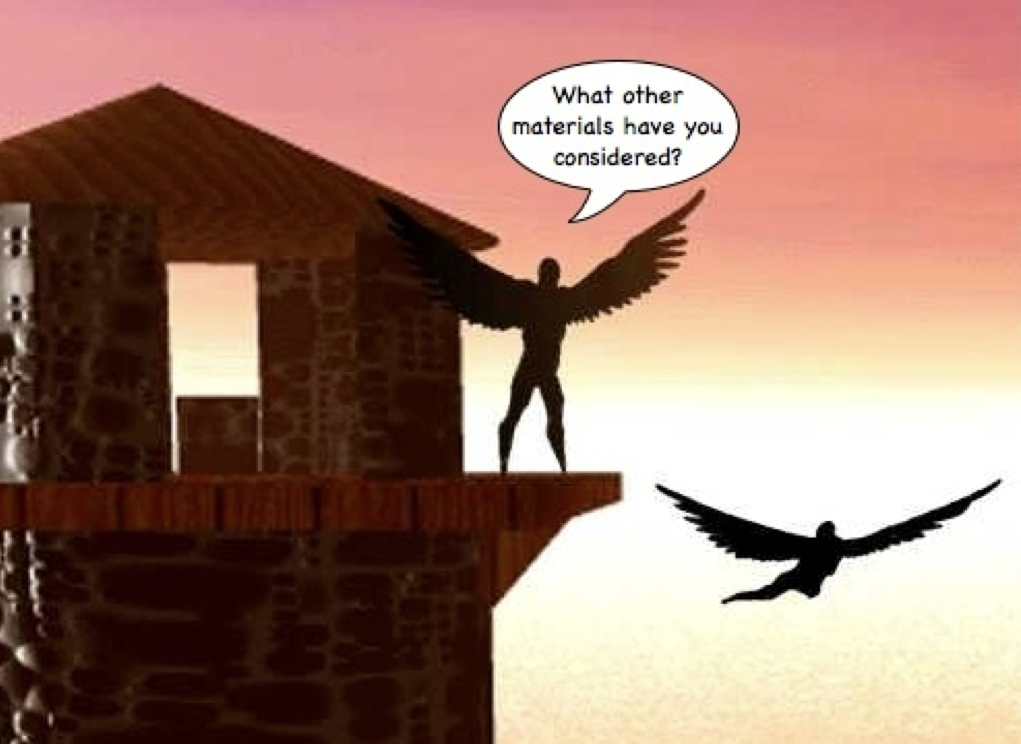By Martin Vogel

In the knowledge economy, creativity is at a premium. But the same economy encourages lifestyles and working routines that crowd out creative impulses. This isn’t just bad for productivity, it’s bad for wellbeing. This presents a two-fold challenge for coaches: how to stay fresh and creative in how we practice; and, how to support our clients to nurture creativity in their likely busy lives.
It’s something of a paradox that modern life wrings us out. Digital technology, information abundance, the range of choices in how we use our leisure, opportunities for travel – these all offer rich stimulation to our senses and lower the barriers of entry to the means of creativity. But filling our minds with information and our leisure time with activity brings it own stresses, maxing out our capacity simply to process experience. The journalist, Oliver Burkeman, has written recently of how keeping up with the news has transformed from being a contained and relaxing ritual (reading a newspaper, watching the TV bulletin) to a civic duty that (thanks to inexorability of social media feeds) no longer has boundaries. The lost boundaries are not simply temporal they are boundaries of decency and decorum. Browsing the news today exposes us to abuse, hyperbole and dark thoughts about the state of the world – inducing in many a constant state of panic and insecurity. Hardly ideal circumstances for creativity.
Continue reading “Creative coaching creates creative leadership”









